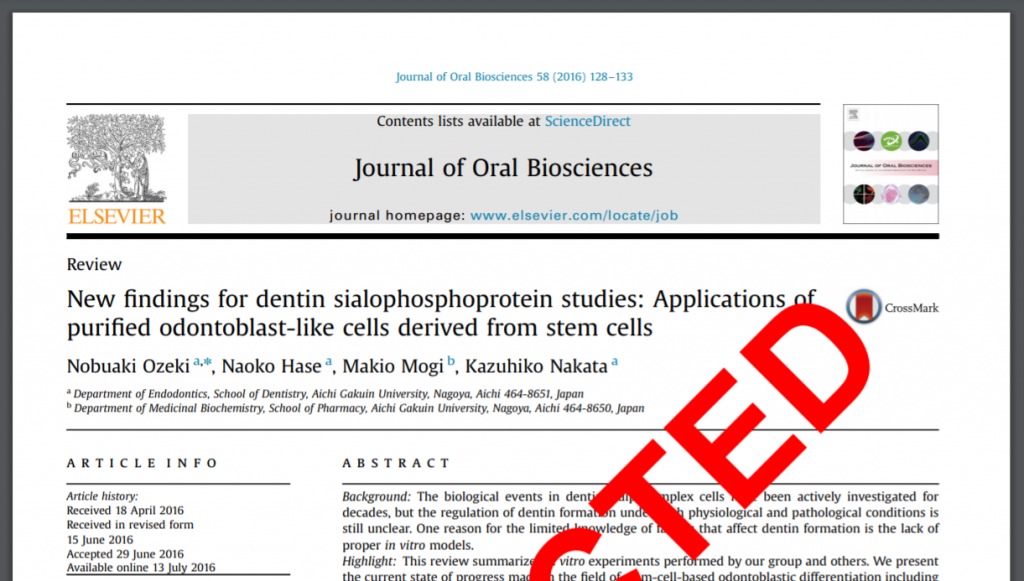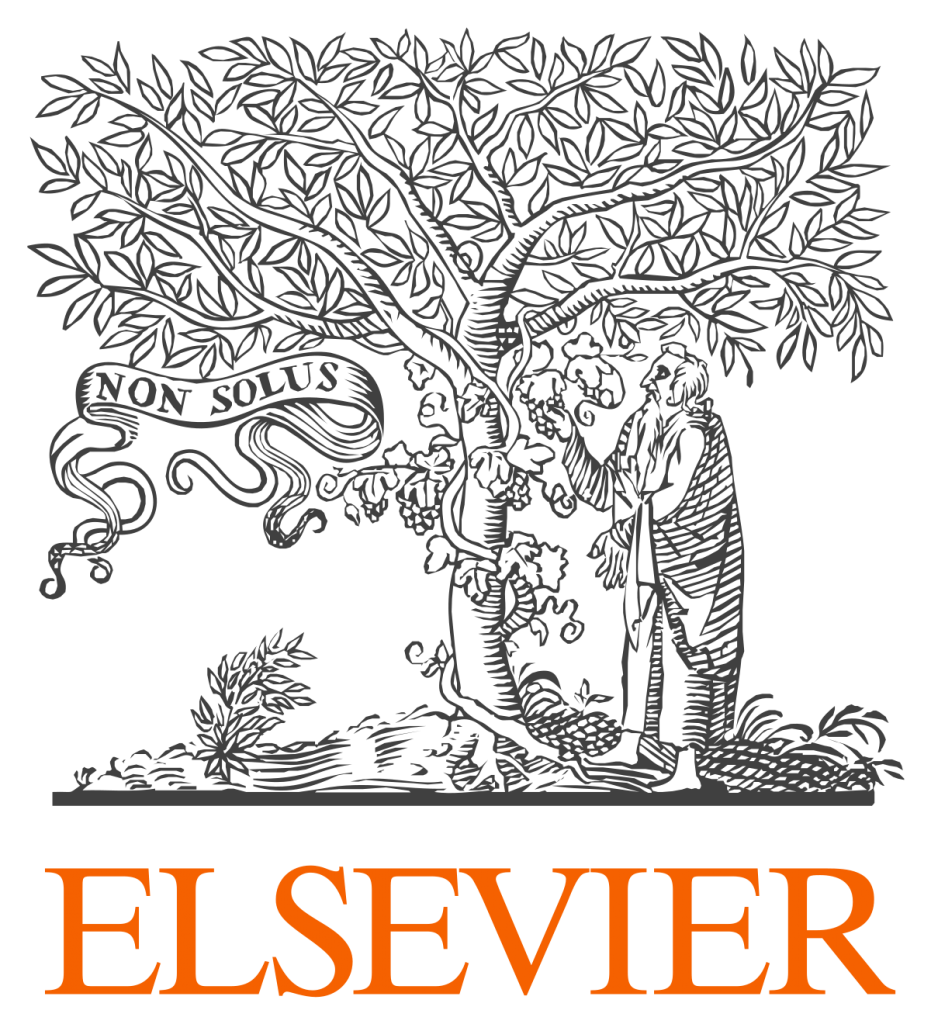
The editors of a journal that published a highly controversial paper on intelligent design say retraction is off the table, at least for the moment.
The drama involves an article in the September issue of the Journal of Theoretical Biology, an Elsevier title, titled “Using statistical methods to model the fine-tuning of molecular machines and systems.” The authors, Steinar Thorvaldsen, of the University of Tromsø, Norway, and Ola Hössjer, a mathematician at Stockholm University in Sweden, tried to make the case that they saw evidence of a Master Builder in biological systems:
Continue reading Editors say they won’t retract intelligent design paper despite subject being “not in any way a suitable topic” for their journal







